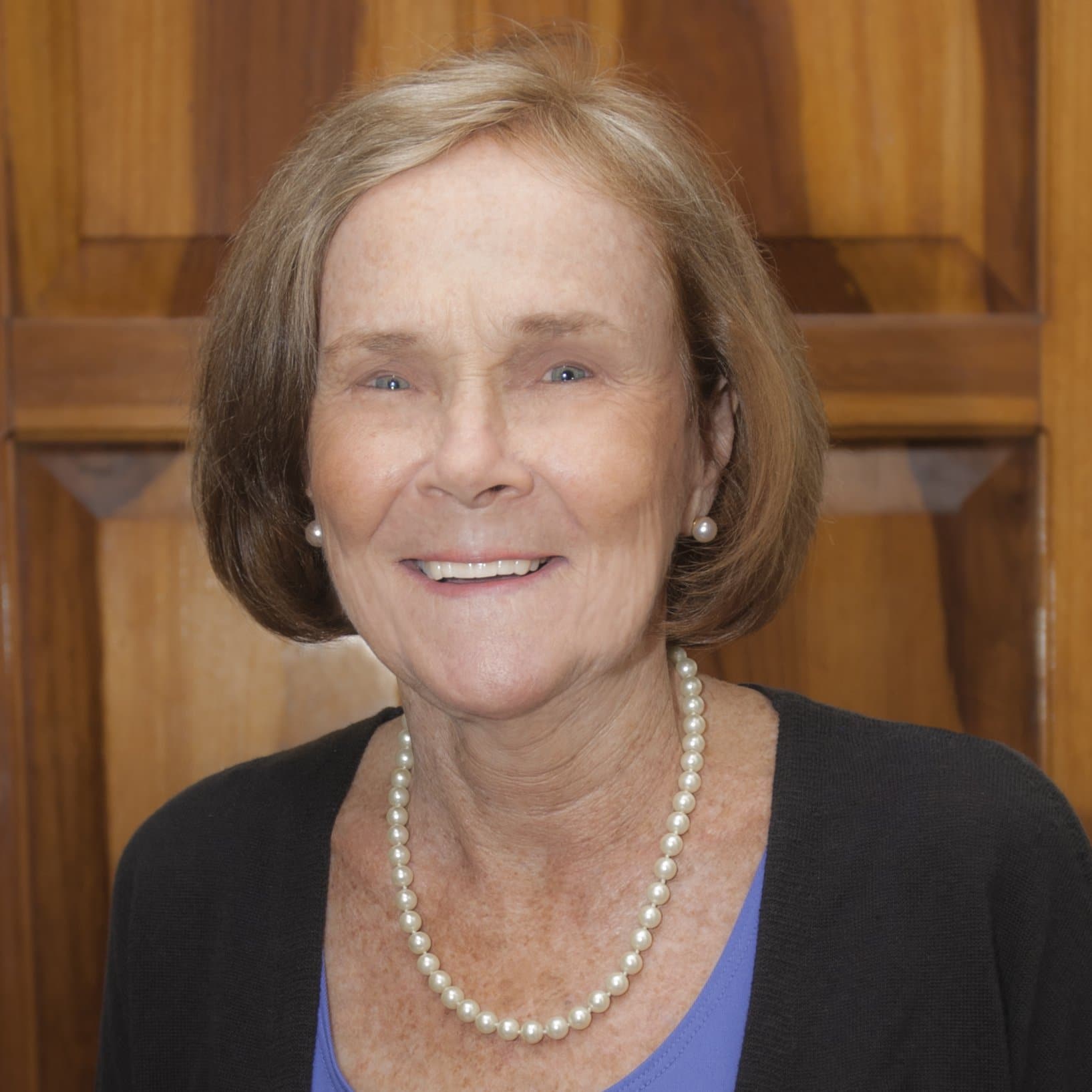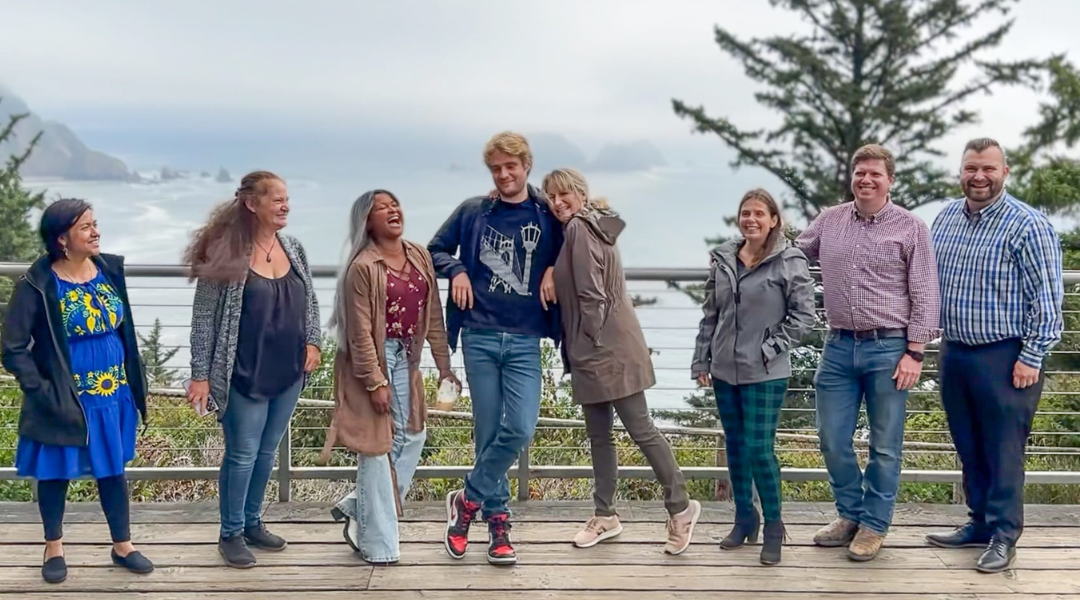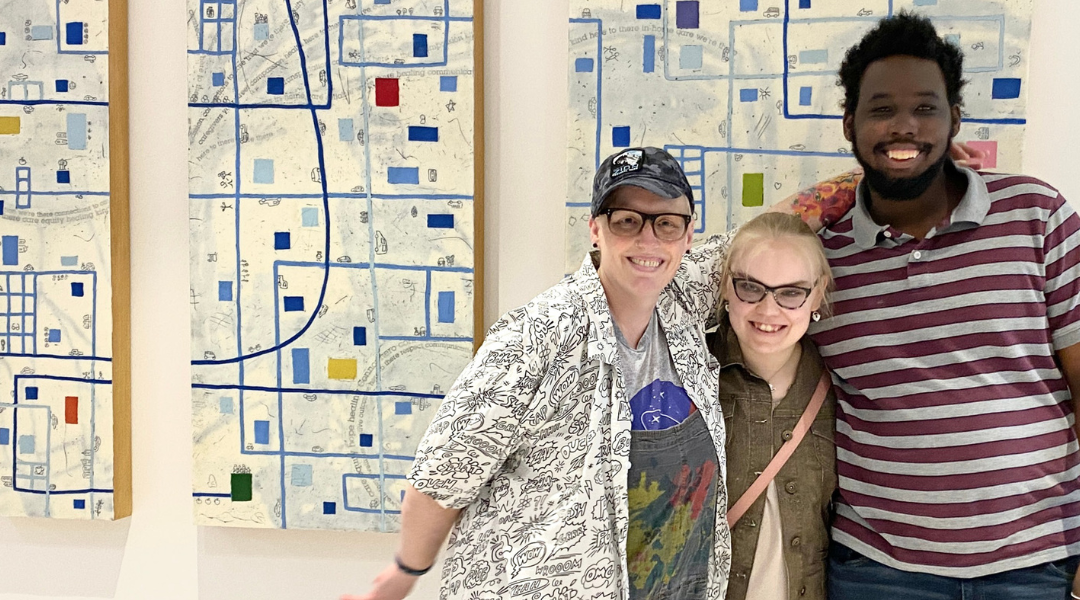Catherine Strachan Lindenberg
TeenSmart International
Purpose Prize Fellow 2015
Public-health activist and nurse developed an online health-ed resource that promotes self-care, leadership and reduction in high-risk behavior among Central American youth.
As a nurse in Central America and the U.S., I often cared for pregnant girls as young as 12 or 14 years old. The links between teen pregnancy, other risky behaviors and poor academic and economic outcomes transcend borders and cultures. I grew up in Costa Rica; my grandparents, Presbyterian missionaries who emigrated to Argentina in 1898 and moved to Costa Rica in 1918, were the first of five generations to set down roots there. My husband and I lived and worked in Central America for decades, and after his death, I returned there, in 2004, at age 61, to create TeenSmart International. I wanted to disrupt the destructive cycle I had witnessed for too long.
Research repeatedly connects a handful of high-risk behaviors in adolescence – interpersonal violence, substance abuse, sexual risk-taking, lack of exercise and poor nutrition – with profound and lasting negative personal, family and societal consequences. In Latin America and the U.S., these same behaviors are tied to 75 percent of adolescent illness and deaths. The social costs are also great: Teen pregnancy undermines a girl’s educational attainment and economic independence; violence and other criminal behavior can often be traced to drug and alcohol abuse and early emotional and mental-health challenges. Our aim is to prevent these destructive behaviors with education and support, empowering teens to make positive choices and build healthy lifestyle habits.
My life and experience have led me to believe that young people have the capacity to develop the skills and motivation that lead to healthy lives. TeenSmart uses youth-friendly technology to share health information, to empower teens and mobilize the support of youth leaders and professional volunteers.
- Provides life-skills and digital health-education to over 75 schools and youth organizations in Costa Rica and Nicaragua.
- Over 30,000 youth have access to TSI resources, leading to decreased risk behavior.
- More than 150 youth leaders and 50 volunteers develop and deliver content, creating practical opportunities for youth learning and leadership.
We use the Internet and mobile phones to reach thousands of Central American teens: Over 30,000 young people, age 10-24, have registered to access our services. More than 6,000 signed up in 2014 alone; we provide up to 500 âvirtual consultations’ every week. (Our dedicated staff of 15, college-educated young professionals [median age, 28], are native to the countries where they serve.) The feedback we hear from young people is very positive: they are fighting less, taking better care of their health, and looking to their futures with hope.
TeenSmart trusts the wisdom of the individual and uses technology to put the power and responsibility for making good decisions directly in the hands of youth. We use technology – mobile phones, new apps – to reach even more youth, who often rely only on their cellphones for Internet access. We use text messages to send “cues to action” and plan to add voice activation, so that we can reach youth throughout the Americas.
My experience as a nurse, combined with three decades of clinical, consulting and academic work in Central America and the U.S., created an invaluable foundation for my current work. I am deeply gratified to see young lives improve and opportunities expand. I serve without monetary compensation; my compensation is the joy of seeing the power of collective action and service, and witnessing our impact on young lives.




